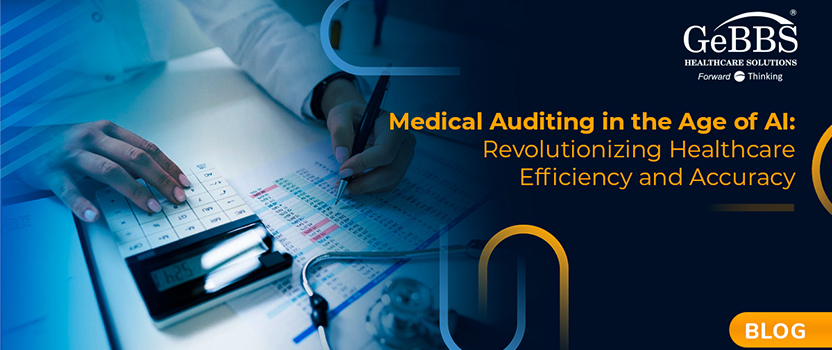As healthcare margins continue to shrink and payment reform continues at a snail’s pace, revenue cycle management teams may feel like the hospital’s entire future is dependent on their back-office efforts. Factors like increasing patient responsibility, a shift toward government managed care plans, the proliferation of narrow networks, and risk adjustment models are making it more complicated than ever to optimize the revenue cycle and maintain a positive bottom line. Just as the responsibility for delivering exceptional patient care goes beyond the clinical care team. Revenue cycle management should be a systemwide effort – involving professionals from across the system.
Give your RCM teams some support and demonstrate that the entire organization is committed to helping improve productivity, efficiency and profitability. Here are some ways to improve the revenue cycle that don’t involve just the back-office RCM teams.
Make RCM a Team Sport. While RCM efforts such as charge capture, coding/billing, and clinical documentation improvement are critical to an organization’s financial success – revenue cycle management is an effort that requires a broader team focus – at every level of the health system. By focusing on collaboration across disciplines – including physicians and clinical teams, managed care contracting, finance, case management, clinical documentation and more – organizations can make progress more quickly. To do this, a formal organizational structure must be in place to facilitate this collaboration – and there should also be opportunities for more informal collaboration – such as training and education, networking and performance improvement initiatives that cross department lines.
Focus on Patient Satisfaction & Engagement. Business 101 for any industry will teach you that keeping your customers happy is the number one way to maintain a successful business – and healthcare is no exception. The patient experience is getting a lot of attention these days in health systems, hospitals and physician practices around the country. However, even though some patient experience metrics are tied to reimbursement due to programs such as HCAHPS (Hospital Consumer Assessment of Healthcare Providers and Systems), many revenue cycle executives still aren’t giving it much attention. It’s time to realize the patient experience has a significant potential impact on the bottom line. With healthcare reform, patients are now responsible for a far greater portion of their bill than ever before – but healthcare billing and payment models remain archaic and mysterious to most patients. It’s important to train your staff to talk to patients about costs before services are rendered. When patients are prepared and informed about costs up-front, back-end collection is typically far easier. Finally – make it easy for them to pay – and to remember to pay by using your patient portal and electronic reminders. The result? Happier patients and a happier revenue cycle, too.
Let Technology Help. Most experts know that healthcare is slow to adopt technology – particularly when it comes to solutions that aren’t directly related to patient care. However, the continued use of largely manual processes for coding, billing and other operational functions plays a significant role in the lagging financial indicators seen in most hospitals. While many functions can’t (or shouldn’t) be automated, there are plenty of opportunities to digitize certain tasks and/or use data, advanced analytics and/or AI to be more efficient, accurate and productive. A few of such examples include the use of computer-assisted coding – which can not only speed up the coding process, but also provides a helpful check and balance process for greater accuracy and decreased denial rates. Other available technologies include machine learning to streamline bill scrubbing and voice recognition programs that eliminate the need for manual data entry. Finally, the use of predictive analytics has numerous applications – and there are programs available to help coding teams track denial trends for future optimization.
While your organization’s revenue cycle management team plays a critical role in maintaining financial success – teams at all levels collaborating, communicating (with patients and one another!), and employing advanced technologies can make better strides together towards improving your bottom line.
GeBBS Healthcare Solutions is a leading provider of technology enabled revenue cycle management solutions to healthcare providers and payers. To learn more, visit gebbs.com or request for consultation today.






